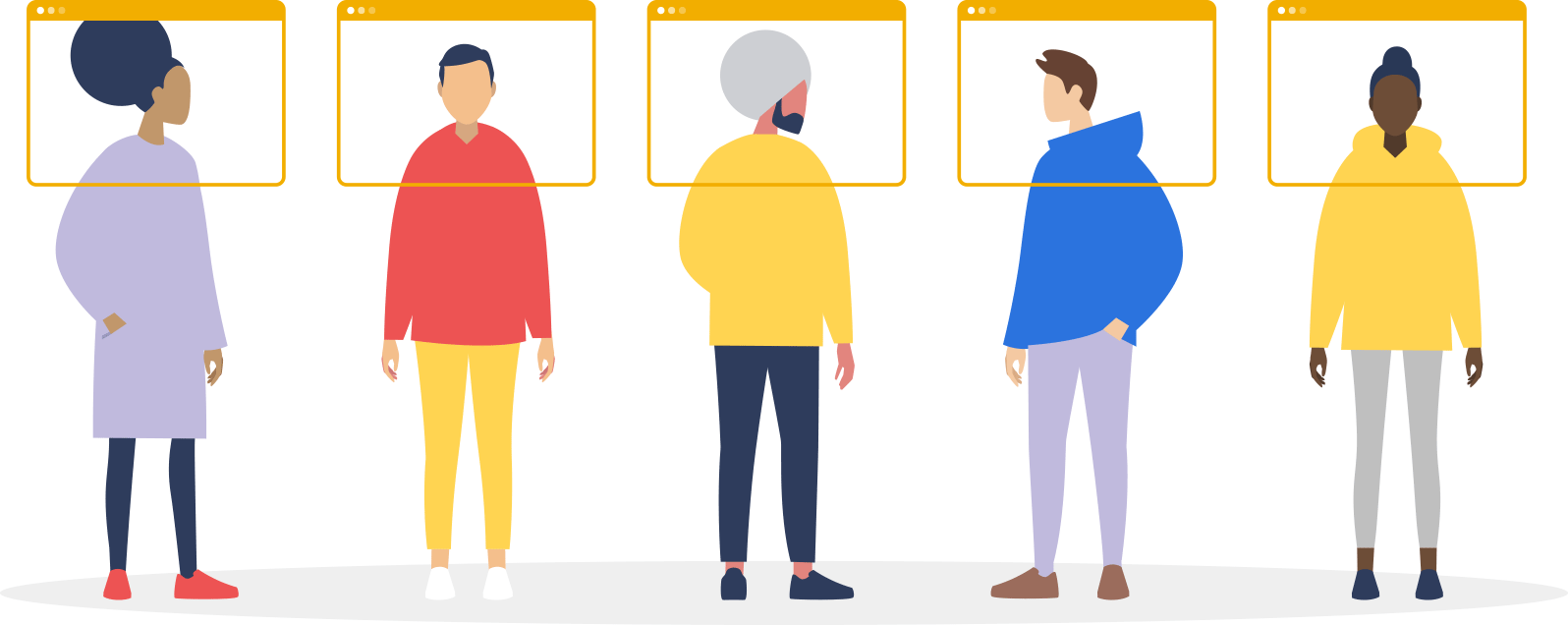Take charge of your campaigns and audiences with our Velocity customer marketing platform.


PGM’s Velocity customer marketing platform seamlessly integrates numerous sources of customer data into a single, 360-degree customer view. Get to know your customers like never before and deploy personalized customer journeys—wherever and whenever your customers prefer.

